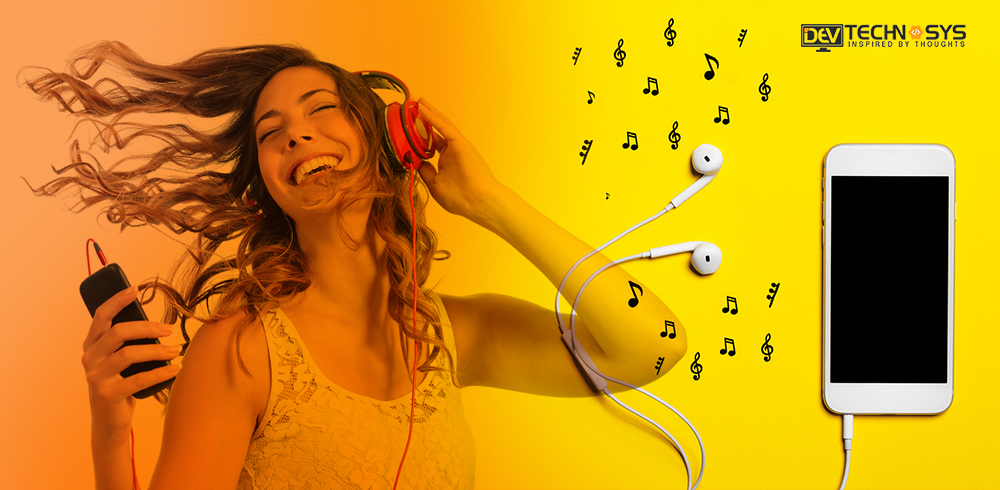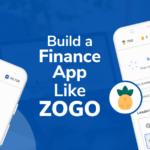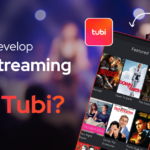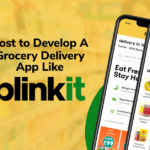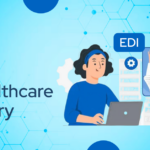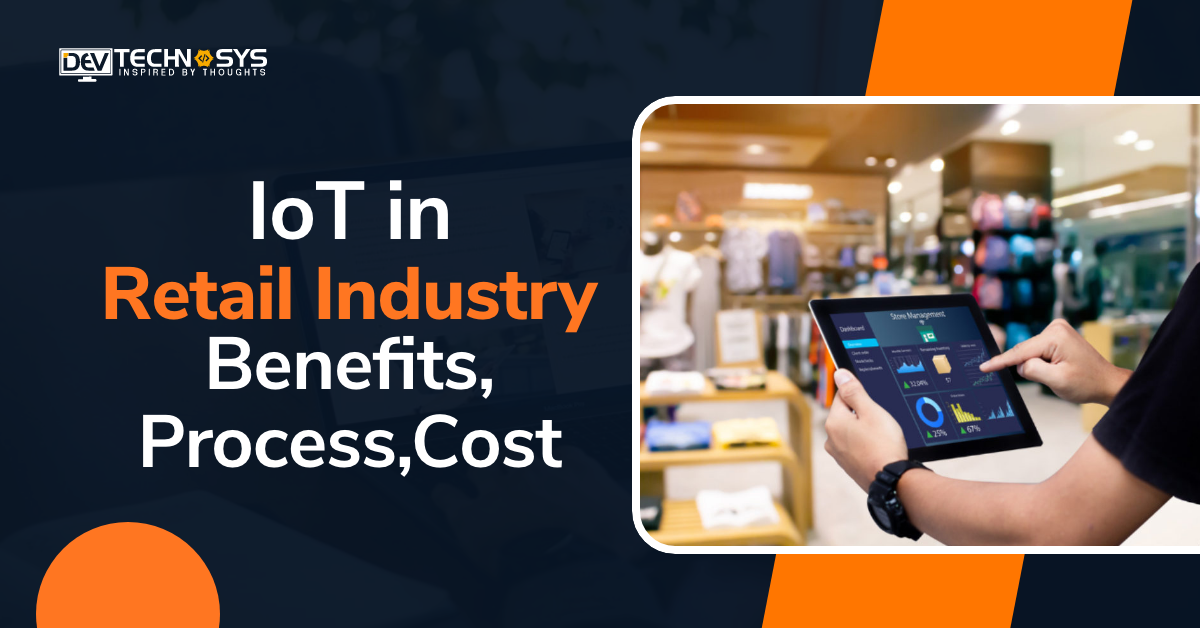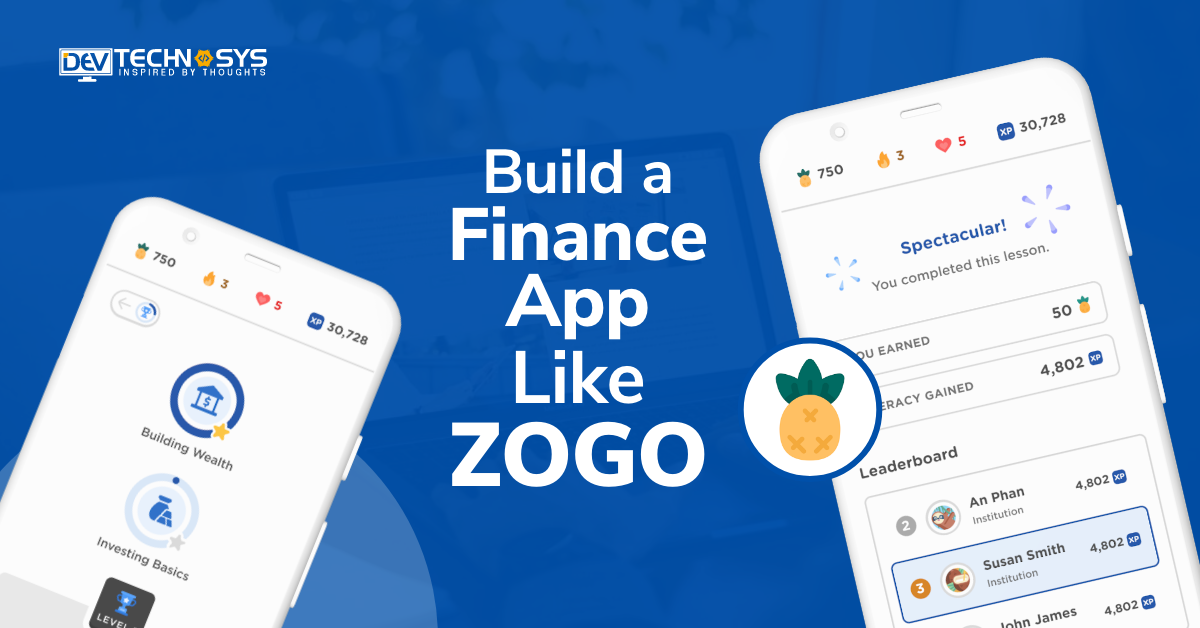Table of Contents
Introduction
In recent times, the music industry has rapidly transformed owing to the latest technological advancements. Music streaming has emerged as a profitable business idea for a lot of companies, and there are many leading players in this domain. With the growing adoption of apps among people, music streaming apps are also becoming popular among people. The overall user penetration of these apps has increased by 2 percent on an average for every passing year, which indicates the actual magnitude in which the entire customer base of these apps growing for the demand. To cater to this demand, mobile app development services are bringing innovative and intuitive music streaming apps.
At present, music streaming has certainly become a major medium of communication among companies and users instead of conventional entertainment. When it comes to comparison of music streaming apps with other popular domains like education and business, the music streaming industry is leading the way.
Regardless of various types of music streaming app, music streaming apps development needs to consider a few basic features to fulfill the demands of the users and providing convenience. Some of these vital features are:
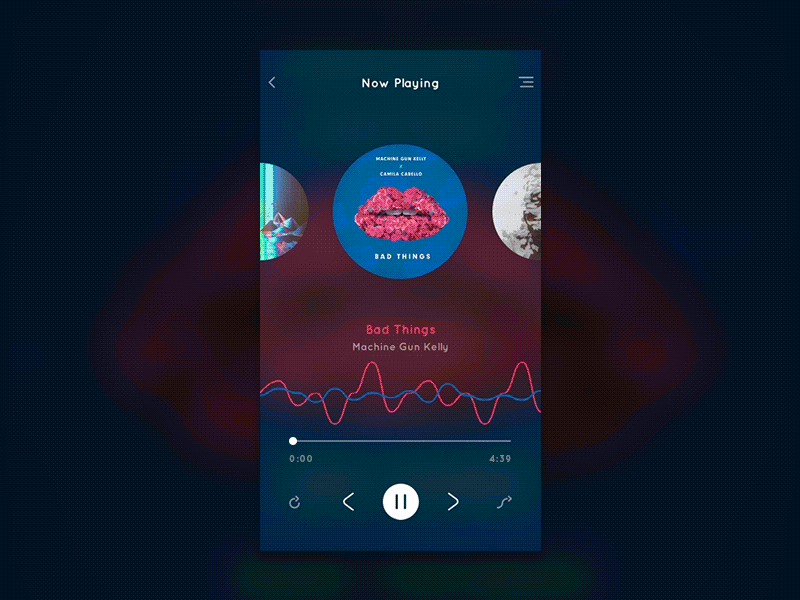
1. Extensive Music Library
An extensive library of songs according to all of the genres of music is a must-have for any type of music streaming app. However, certain issues need to be considered regarding creating such a library. First, to avoid any type of legal issues, license music should be used and avoid downloading of pirating music. Secondly, the entire data should be stored on cloud services like Amazon S3 or any other cloud service, which has a Content Delivery Network. We will discuss this later. Thirdly, it is important to decide exactly how to stream data. Streaming of data involves sending requirement information from the servers to the actual users. To provide the user with seamless streaming, the right type of streaming protocol should be used, such as TCP.
Related Blog: Technical and Legal Guidance for Music Streaming App Development
2. Registration
The initial step to provide a highly personalized user experience is the collection and analysis of data regarding the users’ music preference. The best time to do this is during the registration. While creating a music streaming app, Android app development services should make the registration module that asks the users for their age and location. With the assistance of this information, the app can easily recommend music tracks that are popular in the region of the users and also among the users of their age group.
Few music streaming apps also ask the users a few direct questions regarding their favorite artists and genres. The main goal of this particular module is to create a clear as well as appealing design which won’t annoy with these questions.
Also, to make the entire user experience much more personalized, the app developers can use Facebook API to gain access to the data of the users regarding their likes as well as other music-related information stored on their profile.
3. Search
To develop an on-demand streaming app, the music app developers should offer the users with the feature of advanced search. It should allow the users to search for artists, genres, playlists, and tracks so that they can easily find any track which they are looking for. Along with this, the developers should also allow the users to search for music as per activity and mood.
4. Music Arrangement
This particular feature refers to categorizing the music in the given browse section of the app and allowing the users to make their playlists. It’s worth noting that browsing is deeply associated with the search feature. Along with the standard arrangement of music by genres and artists, the app developers should create different specific categories according to a particular mood or purpose. Dining, traveling, gaming, workout, parties, etc. are some of the categories which should be created in the music streaming app. You should hire an app developer who can create multiple categories that users would like to have. In any on-demand music streaming app, the app users may even want to create their playlists consisting of their favorite songs. The developer should introduce a shuffling feature to allow the users to quickly and easily rearrange playlists.
5. Storage
Storage remains to be the key factor that determines the overall performance potential of any given music streaming app or platform. As mentioned earlier, cloud storage like Amazon S3 provides these native apps with the capacity to easily store as well as transcode a huge amount of data. Mobile app development services often choose this option as the security provided in the cloud makes sure that the data remains protected from any sort of theft. It is achieved through the incorporation of encryption models. Also, the adaptive scaling, as well as comprehensive streaming, are additional benefits of using cloud storage.
6. Content Delivery Network
Content Delivery Network or CDN also plays a key role in setting up the entire nature of the music streaming app. An effective and efficient CDN has a huge volume of local servers to store frequent and highly requested data in corresponding geolocations and deliver them at a much faster rate. This particular process assists in cutting down the buffer time. Music app developers should pick the best-suited CDN to provide a high-performance music streaming app.
7. Platform Infrastructure
When it comes down to music streaming apps development, the choice of the platform remains quite crucial. Cloud platforms are often the best choice as they have simplified platform infrastructure development as well as maintenance. Application Platform as a Service or Platform as a Service can be launched only after the creation of a portal that can easily execute commands. This specific factor is responsible for the consumption of most of the resources in the development and hence restricts the app development only to large labels. So, mobile application development services should choose cloud computing services as they have limited resources to create their own music streaming app.
8. Video Player
Video players allow music streaming websites to be compatible cross browsers which results in better user experience. Even used for creating mobile apps, this particular component goes on to actually prove actual efficiency. Geolocation based streaming; back up of audio and video files along with enabling offline browsing, the video player allows the music steam apps to be labor-saving and cost-effective.
Related Blog: Top Music Streaming Applications
9. Proxy Server
Proxy servers authorize protocols for files transmission containing audios as well as videos or any other type of multimedia files through the internet. By monitoring the web traffic as well as filtering suspicious and malicious packets which can pose a threat to the viability of the app, they act as a content filter.
10. Audio Search Algorithm
Different search algorithms weave the music apps as a great product of commercial ideal. These algorithms developed by mobile app development services can easily be utilized to resist noise as well as distortion, along with making them flexible and even capable of filtering different foreground noises and also compress data files. Search algorithms contain multiple patterns to retrieve audios within a fraction of a second. This leads to higher user engagement rate as well as improved product quality.
11. Licensing
To make a music streaming app, Android app development services have to get rights of music tracks and compositions. Rights to different music recordings can often be owned by multiple music rights holders. For instance, if an artist signs a deal with any label and records song in the label’s studio, then the records also belong to the label too. The songs also belong to the songwriter even thought a songwriter could even have a publisher to manage those rights. Management of rights to music means issuing licenses for using songs, as well as collecting royalties, management of administrative issues, and even dealing with accounting. Often, the songwriters sell their songs to different publishers.
On-demand streaming services need to pay a certain amount of money to copyright holders for the right to make copies or reproduce soundtracks and compositions. These payments are often called as royalties. However, on-demand streaming services need different licensing contracts and agreements and have to make these types of agreements with various organizations.
12. Offline Access
Music streaming applications development needs to have the feature of allowing users to listen to their favorite music online. However, a lot of times, the users wish to listen to music wherever and whenever they want regardless of if they actually have an internet connection or not. So, music application developers need to create on-demand music streaming apps that include offline playback. They can introduce this feature in their paid plans. Music which can easily be played in offline mode is actually stored in the device’s cache. All of the tracks are effectively DRM protection in order to make sure that the users can easily listen to their music only in the app and not allowed to send cached files to any other device.
13. Push Notifications
Keeping the users informed about the latest music releases, music-related events, etc. is a great way to increase user engagement. For this particular purpose, developers can add push notifications in order to send them to users in case any new song or album is released by their favorite artist or any interesting event like music festival is taking place near them. Few music streaming apps even allow users to buy tickets to music concerts. You can hire app developer who can include push notifications in the music streaming app, without making them spammy.
14. Social Services Integration
Both music streaming app users, as well as app owners, can easily benefit from the integration of the app with different social networks. Users can easily share the music which they have found. For mobile application development solutions, integration with any social media can act as a great tool to attract new users. Brilliant music streaming app should allow users to collaborate with each other easily, and it leads to improved engagement and retention. It can also allow users to find their friends through Facebook and listen to their playlists. It can even allow the users to create different collaborative playlists, know what their friends are listening and even send music recommendations. The app should allow the users to share their favorite songs through the messaging feature of the app, Facebook and Twitter.
Revenue Models
Music streaming apps can be quite profitable for Android application development services. Now, as we have discussed the features that need to be inculcated in a music streaming app, let’s look at different monetization models to generate revenue. Most such apps can rely on a mix of different business models.
1. Subscription Model
In this type of monetization model, the company can provide users with various basic features and then charge them in case they wish to have additional features and functionality. A music streaming app can allow the users to listen to saved tracks in offline mode, skip the unending number of tracks and even play a track in high quality, in its premium or paid version. In the paid version, the app can also allow a certain limit of people to use the same account to listen to music.
It can also allow the users to have unlimited replays as well as skips along with the added feature of the ability to listen to different offline stations. It can also provide personalized stations to users. It can provide the user with the capability to download their favorite tracks to their own devices, create separate playlists and make a custom search in the app’s music library. The paid version of a music streaming app can offer access only to the users who have actually purchased a subscription.
In this type of revenue model, the users are actually able to start the app with a given free trial. Before the start of the trial offer, the users need to put into their credit or debit card information. Once the trial period is over, the app will automatically charge the user. In case the users don’t want to subscribe to the app’s paid version at the beginning, the music streaming service can also integrate an additional or alternative business model for raking in revenue, which is, advertisements.
2. Advertisements
This revenue model is quite self-explanatory as it is a traditional method to monetize any freemium app. While the users listen to free music streams, they can be exposed to any small banner ad on their screens or even an audio ad between the tracks. Music application developers can introduce this feature in the apps with ease. If the users don’t wish to see or hear advertisements, they can simply upgrade to the paid version.
Music Streaming App Development Cost
When it comes down to calculating the estimated cost of the development of a music streaming app, the features of the app play a key role. As the number of features increases in the app, the development cost also increases. Along with the features, there are certain other aspects that need to be taken into account by Android application development services.
Storage, as well as hosting, actually decides the overall skeleton of the actual magnitude of the app that you intend to create. It definitely affects the cost of development.
Various technologies, as well as backend, also affect the cost of development of such an app. The latest technologies can easily affect the user experience and usability of the app. By means of using high-end technology stack in order to create a music streaming app, you can improve the response and loading time of the app along with user-friendliness.
In order to develop a robust, innovative and intuitive app, you should hire app developers who are experienced and well-trained. This reduces the total amount of time needed to develop the app and bugs in the app, which leads to a cost reduction of app development.
Hence, the cost of development of a music streaming app depends on design, features, technology, platforms, etc.
The expected development cost of such an app can range from $30,000 to $35,000.
Conclusion
With the increasing popularity of music streaming apps like Spotify, Soundcloud, etc. among the people, mobile application development services have a huge market to target. However, developing a music streaming app can be a tricky affair. The music application developers need to decide which features to keep. There are a plethora of features that can be picked and implemented in their music streaming app, and some of the key features are mentioned above.
Along with distinct features that cater to the requirements and demands of the target audience, the Android app development companies should need to sign licensing agreements with different labels in order to stream their music. Also, in order to generate revenue, they should implement a monetization model. Subscription and Advertisements remain to be among the best revenue generation model. When it comes down to calculate the cost of music streaming apps development, the companies have to take in to account the features. Total development hours to inculcate these features and development cost per hour gives you the total cost of development.

